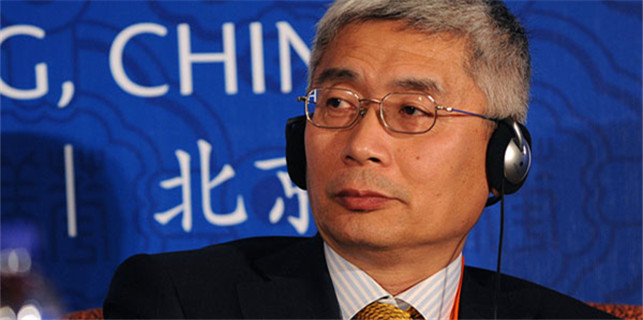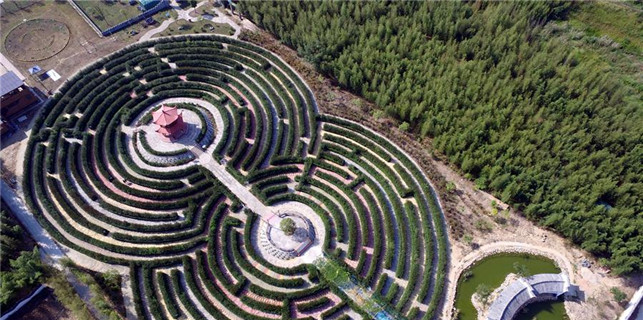Baidu unveils new advances in self-driving
Amid the fierce competition among industry players in the autonomous driving sector, China's internet search provider Baidu pledged on Wednesday in Silicon Valley that it has chosen to take an open approach.
In an office building in Sunnyvale packed with developers, industry observers and media, Baidu released details of Apollo 1.5, its latest iteration of the open-source autonomous driving platform, "in an effort to further speed up the development and deployment of autonomous driving", said Baidu President Zhang Yaqin at the meeting.
"Today, the autonomous driving community has come together to celebrate Apollo's tremendous success at our first -ever Apollo Meetup outside of China," said Zhang. "The advancements made with this collaborative platform will more quickly realize a future where self-driving vehicles are an integral and beneficial part of our daily lives."
Wang Jingao, senior director of Baidu's intelligent driving group and head of the Apollo project, said the platform provides developers access to core software solutions that will allow vehicles to run autonomously within fixed lanes.
This includes end-to-end deep learning, obstacle perception-enabling vehicles to accurately identify obstacles during day and night, and planning, which lets vehicles plan the correct driving path and make optimal driving decisions.
In addition to algorithms, Apollo 1.5 provides access to cloud-based HD maps and a simulation engine, which has embedded HD maps and is backed by vast amounts of actual autonomous driving data such as traffic lights, road signs and lane markers to let developers verify their algorithms.
The Apollo project was first unveiled in April, and its first iteration, Apollo 1.0, was released in July at Baidu's inaugural AI developer conference, Baidu Create, in Beijing. "It included capabilities enabling vehicles to perform autonomous waypoint driving in enclosed venues," said Wang.
"Over the following two months, Apollo received dozens of code updates each week, the addition of more than 65,000 lines of new code and an overall positive response from global developers," Wang added.
Some automobile manufacturers have adopted Baidu's technology. King Long, China's second-largest commercial vehicle maker, will launch an Apollo-powered autonomous bus next year. Meanwhile, Baidu will partner with China's top car maker, BAIC, to mass-produce L3 autonomous cars by 2019 and L4 cars by 2021.
To date, more than 1,300 companies have downloaded the Apollo source code and nearly 100 companies have applied for open data via the Apollo website.
Apollo has attracted 70 global and Chinese partners, including OEMs, Tier 1 suppliers, developer platforms and technology startups.
"Apollo is a game-changer for the autonomous driving industry," said Wolfgang Juchmann, vice-president of sales and business development at AutonomouStuff, which provides the hardware and vehicles used by Baidu and other autonomous vehicle startups. "The source code on the Apollo platform is very easy to use and it also takes only a few hours to upgrade from Apollo 1.0 to Apollo 1.5."
junechang@chinadaiyusa.com









